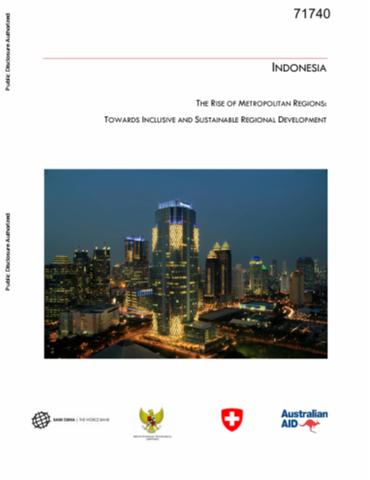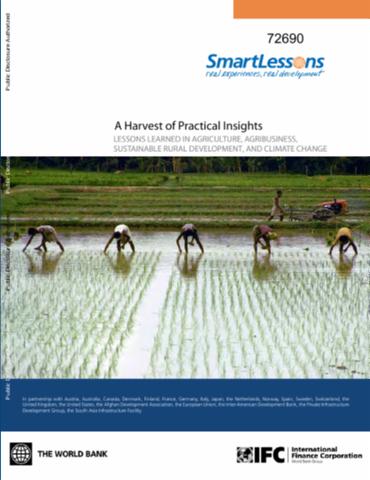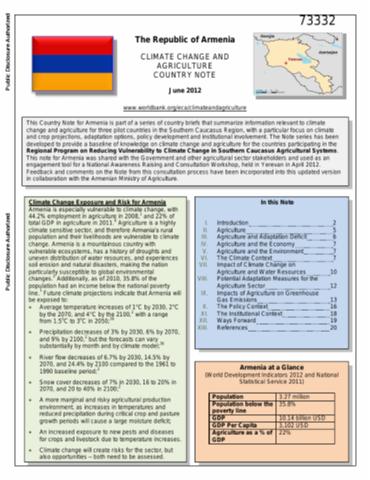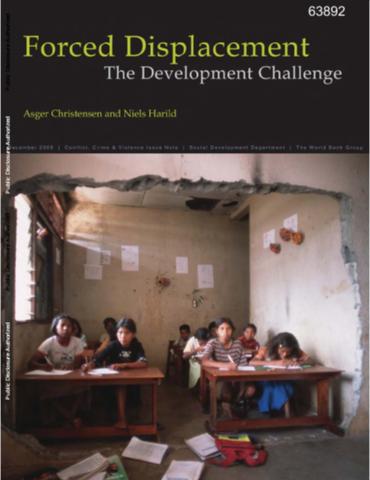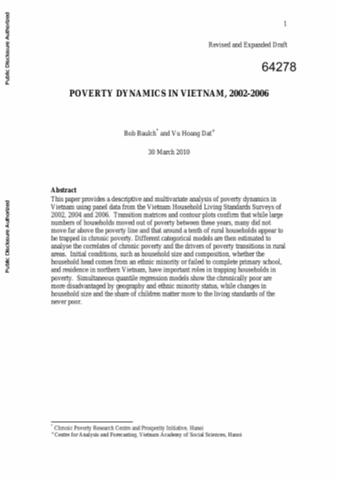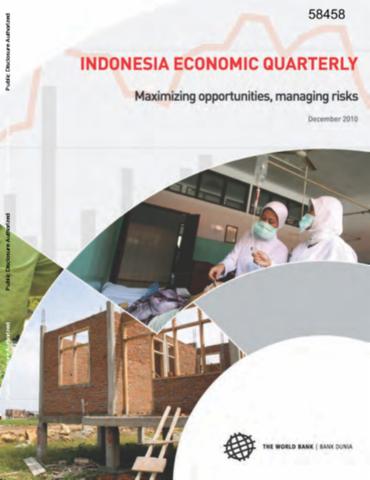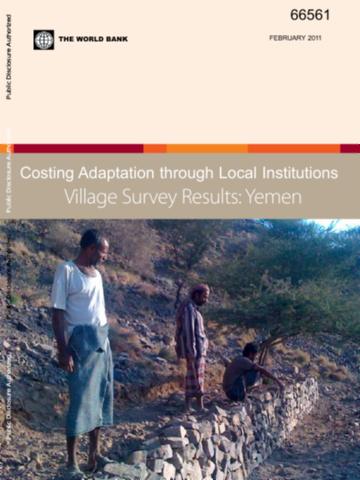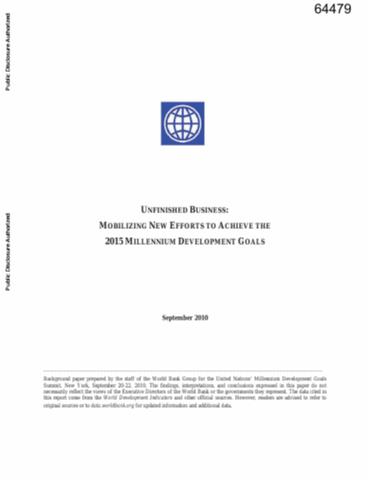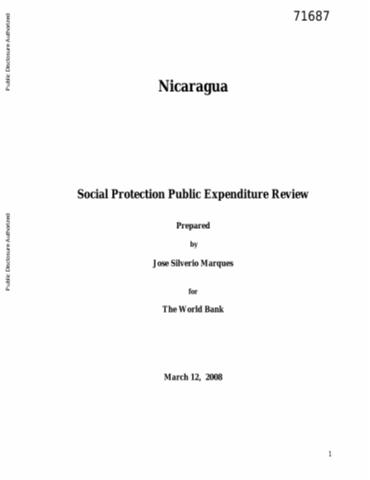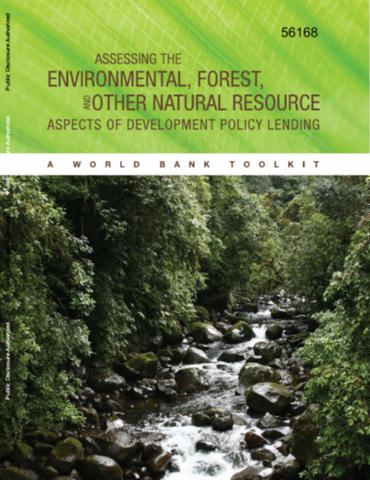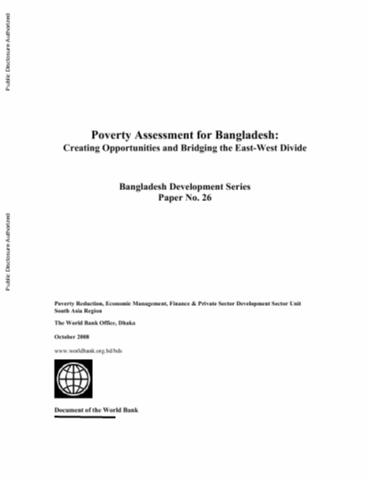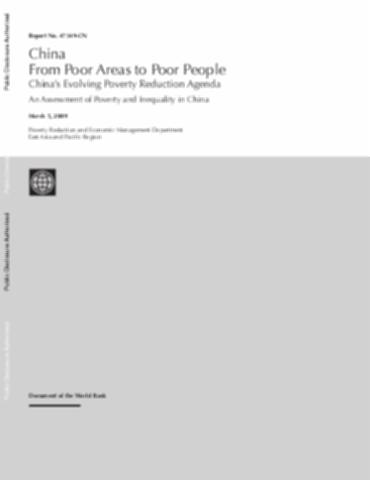Indonesia - The Rise of Metropolitan Regions
In recent years, Indonesia has made great strides in economic growth and development. This growth has been accompanied by rapid urbanization that has transformed Indonesian cities. Urbanization has the potential to boost national economic growth by facilitating the emergence of agglomeration and localization economies. Increasing urbanization presents Indonesia with an opportunity to leverage the transformation taking place to ensure that it is harnessed for economic growth and, more importantly, sustained improvements in the quality of life of its community members.

